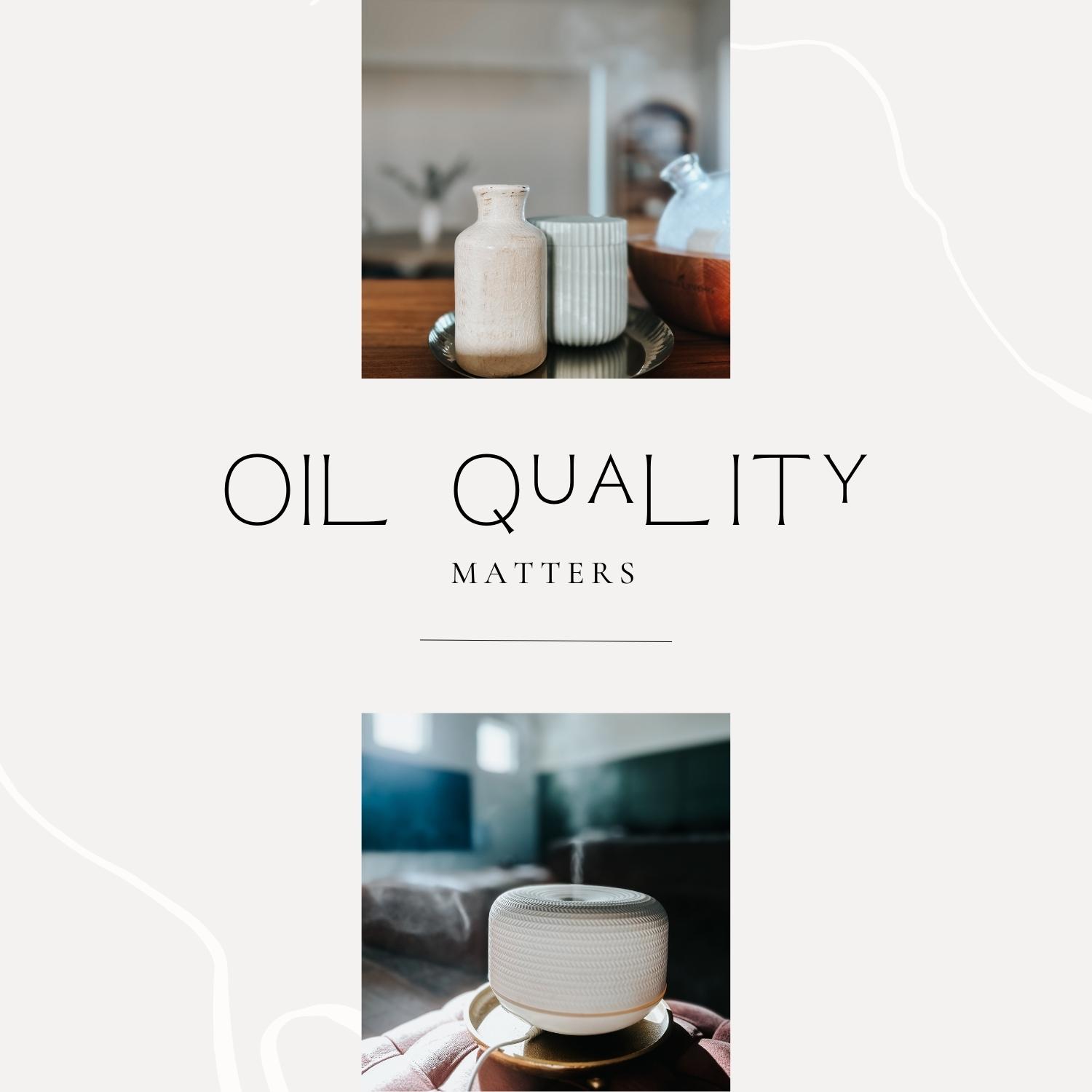
What we put on our bodies or breathe in is as important as what we put in them. It’s all going to the same place and impacting our health! While we’re reducing unnatural fragrances, we also want to keep in mind the quality of the oils we’re breathing. Many bottles found on store shelves today are no different than those ingredients we’re trying to avoid!
Here are a few more pieces of info on the quality of the oils found in these tiny YL bottles:
- In 2021, Young Living’s Quality Control Laboratory analyzed ~20,000 samples and conducted more than 300,000 different tests on Young Living raw materials and finished products.
- Located at our Distribution Center in Spanish Fork, Utah, the “QC Lab” is staffed by talented scientists who document all test results in a Laboratory Information Management System (LIMS). These results are then compared to either a Raw Material Specification (RMS) or a Finished Product Specification (FPS) to ensure quality compliance.
When asked if Young Living tests essential oils from other companies, one Young Living’s top scientists had this to say:
“Yes. Young Living R&D periodically purchases essential oils that are for sale at retail stores, online/Internet stores, etc. to help us understand and evaluate the quality of products available on the market, and to confirm our position as the World Leader in Essential Oils. We test the oils in our R&D and Quality Control (QC) laboratories and compare the results against both our Young Living seed to seal quality specifications and an authentic Seed to Seal essential oil standard.
For example, we purchased two peppermint essential oils from different retail brands. The first bottle was labeled as mentha piperita, “100% pure essential oil”, and “GC/MS tested”. The second bottle was also listed as mentha piperita, for aromatherapy use, and an “essential oil blend.”
What we found:
▪️ Both samples failed several peppermint specifications
▪️ Retail 2 sample failed aroma testing
▪️ Both samples failed high for lead content
▪️ Retail 2 sample failed high for arsenic
▪️ Both samples likely included adulteration with corn mint”
What does that mean for us???
- GC/MS testing alone is not indicative of essential oil quality
- Heavy metal testing is an important quality test
- An essential oil purchase should not be based solely on price
- Seed to Seal results in quality products supported by laboratory testing
Young Living is a company dedicated to purity and purpose. In a world of bottom lines and investor-driven quotas, this family-owned, farm-driven group of people simply want to create the very best, sustainable oils and products for the people you care about. Products that will bring you thriving physical, mental, and emotional health. Products that will be convenient and easy for you to incorporate into your busy schedule. Products backed by proven science and experiential evidence that will never sacrifice quality for any reason.
Young Living embraces a rigorous quality control standard to help ensure that all products meet strict specifications. Seed to Seal is the YL commitment that helps ensure that with every pure essential oil and Young Living product your family uses, you’re enjoying the benefits of global resources, industry leadership, and over two decades of innovation. The result? A pristine final product that you know has been created with conscientious Sourcing, Science, and Standards—the three pillars of the Seed to Seal promise! Read more about it here: http://seedtoseal.com/en/3-pillars
Here are a couple videos that illustrate Young Living’s laboratory capabilities and the technical expertise necessary to ensure the quality of the YL products we love:
You can also read more here: http://seedtoseal.com/en
